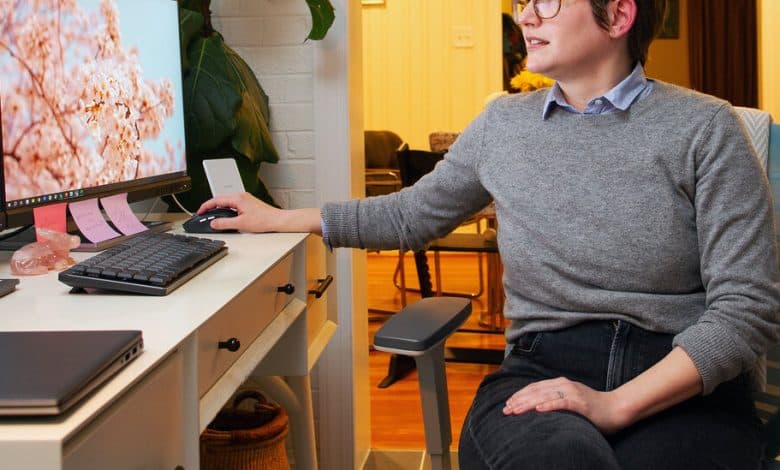The ZIP Code Shift: Why Many Americans No Longer Live Where They Work

In 2020, Virginia Martin lived two and a half miles from her office. Today, the distance between her work and home is 156.
Ms. Martin, 37, used to live in Durham, N.C., and drove about 10 minutes to her job as a librarian at Duke. After the onset of remote work, Ms. Martin got her boss’s blessing to return to her hometown, Richmond, Va., in March 2022, so she could raise her two young children with help from family.
As an ’80s-born “child of AIM,” Ms. Martin said of AOL instant messaging, it hadn’t been hard for her to maintain co-worker friendships online. She drives back to the office several times a year for events, most recently for the December holiday party.
Ms. Martin is part of today’s growing ZIP code shift: She is one of the millions of Americans who, thanks to remote and hybrid work, no longer lives close to where she works.
Many Americans now live roughly twice as far from their offices as they did prepandemic. That’s according to a new study, set to be released this week, from economists at Stanford and Gusto, a payroll provider, using data from Gusto. The economists studied employee and employer address data from nearly 6,000 employers across the country and found that the average distance between people’s homes and workplaces rose to 27 miles in 2023 from 10 miles in 2019, more than doubling.
The share of people who live 50 or more miles from where they work rose sevenfold during the pandemic, climbing to 5.5 percent in 2023 from 0.8 percent in 2019. These trends have proved resilient even as employees return to the office, according to the researchers.
